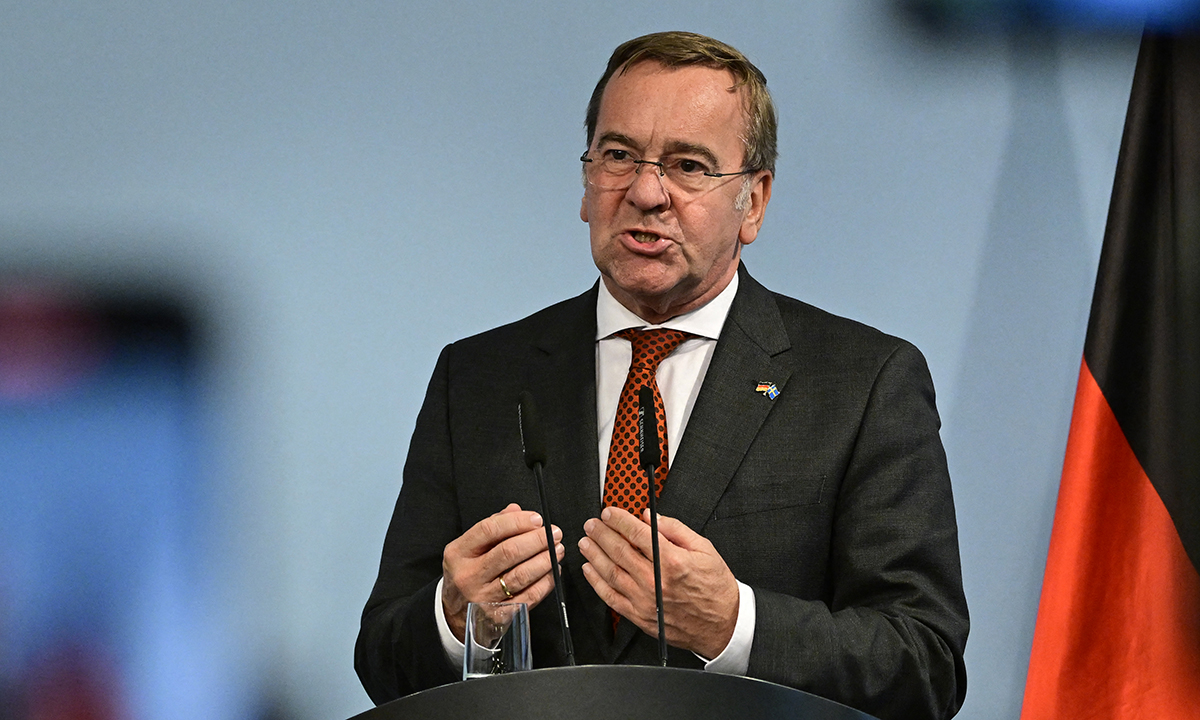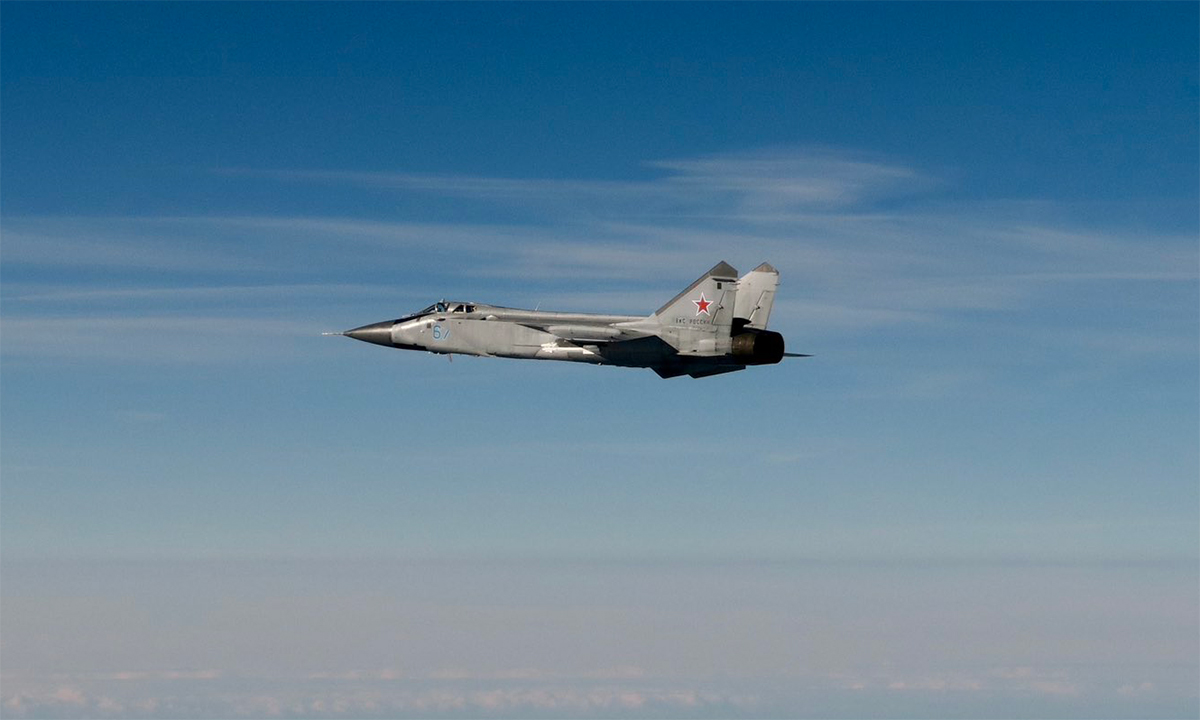During a press conference in Berlin on 23/9, German Defense Minister Boris Pistorius warned that overreacting to "Russian airspace incursions" could threaten European peace and security. "It's an escalation trap set for us to fall into. We won't play Russia's game, we won't allow ourselves to be provoked," he said.
Minister Pistorius emphasized that Germany would continue defending NATO airspace against incursions, but advocated for carefully considered solutions instead of hasty reactions, stressing the importance of "appropriate balance" in response. He suggested that "recent Russian aircraft incursions do not show clear aggressive intent".
"Composure is not cowardice or fear, but responsibility to one's country and peace in Europe. Hasty suggestions like shooting down objects in the sky or grandstanding don't help much right now," he said.
 |
Defense Minister Pistorius during a press conference in Berlin on 23/9. Photo: AFP |
Defense Minister Pistorius during a press conference in Berlin on 23/9. Photo: AFP
NATO Secretary General Mark Rutte previously stated that the alliance would decide whether to engage Russian aircraft "based on threat intelligence". Rutte expressed a view similar to Minister Pistorius, assessing the flight of a Russian MiG-31 formation into Estonia last week as "not posing an immediate threat".
These comments followed Polish Foreign Minister Radoslaw Sikorski's 22/9 declaration that Poland was prepared to shoot down missiles and aircraft violating its airspace, whether intentional or accidental. Prime Minister Donald Tusk also affirmed that Poland would "down flying objects when they violate our airspace and fly over our territory", emphasizing that this was "not a matter for discussion".
The Estonian military accused three Russian MiG-31 fighter jets on 19/9 of entering Estonian airspace for 12 minutes without permission. According to Estonia, the incident occurred near Vaindloo Island in the Gulf of Finland. The Russian jets had disabled their transponders and did not file flight plans.
Russia stated that the MiG-31 formation was on a planned transfer flight from Karelia to a base in the Kaliningrad exclave. They maintained that tracking data showed the formation strictly adhered to international airspace rules and "did not violate the borders of other countries".
 |
Russian MiG-31 fighter jets seen from a Swedish aircraft over the Baltic Sea on 19/9. Photo: Swedish Air Force |
Russian MiG-31 fighter jets seen from a Swedish aircraft over the Baltic Sea on 19/9. Photo: Swedish Air Force
A week before Estonia's accusation, Polish officials reported at least 19 unmanned aerial vehicles (UAVs) entered Polish airspace during a Russian attack on western Ukraine. The Polish military and NATO allies downed at least 4 UAVs, while the others crashed after running out of fuel.
The Russian Ministry of Defense insisted they only targeted locations within Ukraine and not Poland, stating that Moscow was open to consultations with Warsaw on the matter.
Nguyen Tien (AFP, Anadolu, AP)












